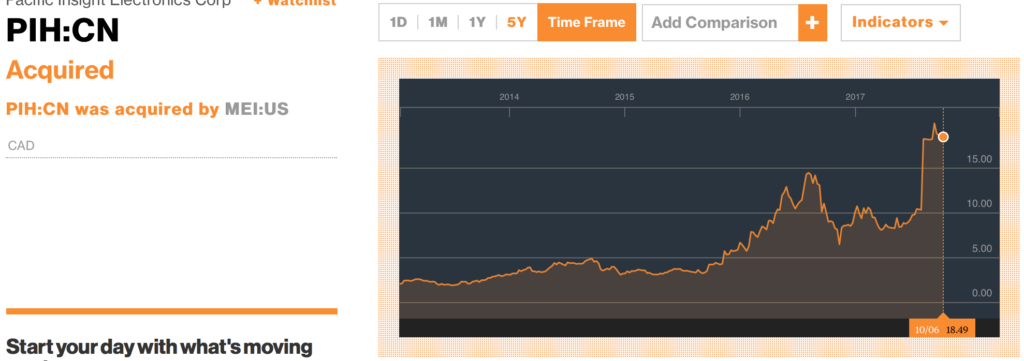Quick Real Estate Investment Return Analysis Sample

I’m thinking of renting out my current condo (1150 sq ft, 2+1bed 2 bath, too big for my 1 person house hold) and buying a smaller one closer to my work. This is an older condo with great amenities but high maintenance fees (all util + cable included), mortgage has been paid off, and my total monthly housing cost is around $1250 to $1300. I checked the going rental rate and I think I can rent this out for around $2600.
-
Can i deduct all costs related to maintaining this unit, i.e. property taxes, condo fees, home insurance , internet, etc., as well as expenses occurred to fix things for my tenant? Is my projection of $1300 pre-tax mthly income accurate?
-
if my combined fed/prov taxes is around 43%, is net cash flow simply $1300 less 43% ($730 per month)?
-
if so, is this after tax cashflow considered good? average?
The costs incurred to earn a taxable income are tax deductible. So for all the ones you mentioned, yes you can.
Your estimate of after-tax cashflow is correct. The difference between rent and your carrying costs is your present liquid profit, and is subject to tax accordingly.
Your overall profit/loss will be:
+ cash flow
+ appreciation you get upon sale of your condo later down the road
– transaction costs incurred to liquidate (usually real estate agent commission, legal fees, land transfer tax).
Whether this is a good return in comparison to other investment options you have, take your overall profit, divide it by the number of years, and then divide it by the property value to get your yearly return. Compare that.
e.g. Suppose you sell this condo 3 years down the road. It is worth $700,000 today.
You expect:
– 10% YoY (year over year appreciation); appreciate to $931,700. This is $231,700 over 3 years; $77,233/year averaged.
– $1,300/mo. cash flow; $15,600.
– RE Agent commission of 3% of the first $100,000, and 1% of the remaining $831,700 at sale; $11,317; $3,772/year averaged.
– Land transfer tax of $16,620; $5,540/year averaged.Overall, $83,521/year profit expected; 11.9% yearly return.
Note that you are relying heavily on appreciation for your earnings. This is a common characteristic of GTA, GVA property – which sounds like what you have. Without appreciation, you would only profit $6,288/year; 0.9% return.
For simplicity sake while you are holding onto this property, not factoring in liquidation costs, and have zero access to the appreciated value, you would be only producing a 2.2% return with the cash flow. This is all before taxes.
You also run a risk of vacancy, unexpected expensive maintenance, special assessment, etc. that will eat into your earnings.
However, the formula for ROI (Return on Investment,) or ROE (Return on Equity), is:
ROI = dollar return / your initial cash invested
ROE = dollar return / your equity
If you re-mortgaged this property with 35% equity of the $700,000 home, your initial investment and equity would be only $245,000, as this is the only portion of your own money at stake for the sake of this investment. You’d have the 65% remainder in cash free to do as you please. The mortgage interest would almost eat off all the cash flow you’re getting, but any appreciation you get would be a return you’re earning from $245,000 instead of the full $700,000 at stake. Instead of making $83,521 a year you’d be down to about $68,000. But:
$68,000/245,000 = 27.8%
vs. 11.9% for using $700,000
You’re making 27.8 cents instead of 11.9 per dollar of your own money. Obviously this is riskier as you are involving debt, but mortgage interest is tax deductible, as it is a cost incurred to earn a taxable income. You make more money per dollar of your own money, and you pay the government less.
Note also that ROE decreases with time. When you first get the mortgage/home, your equity is the same as your initial investment. But as you pay down the mortgage and the home appreciates, that is more of your money tied up to earn money. Your equity increases for a similar amount of profit. For a given amount of profit, ROE decreases with increasing equity. It is taking more of your dollars to make the same money.


